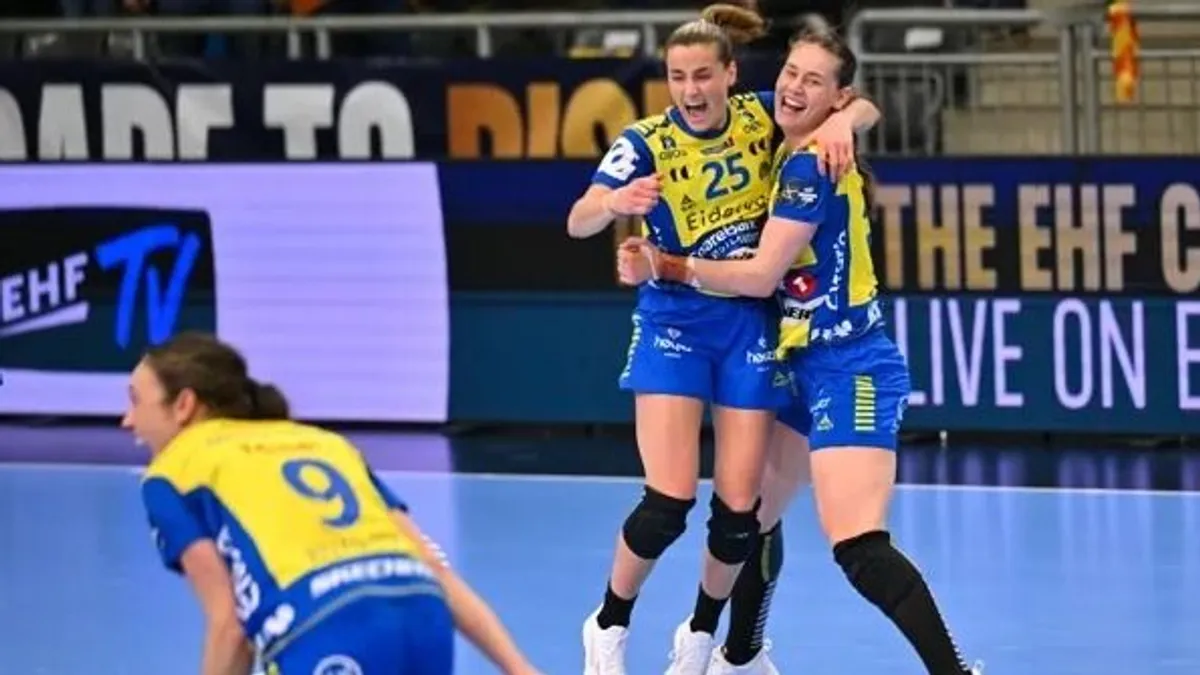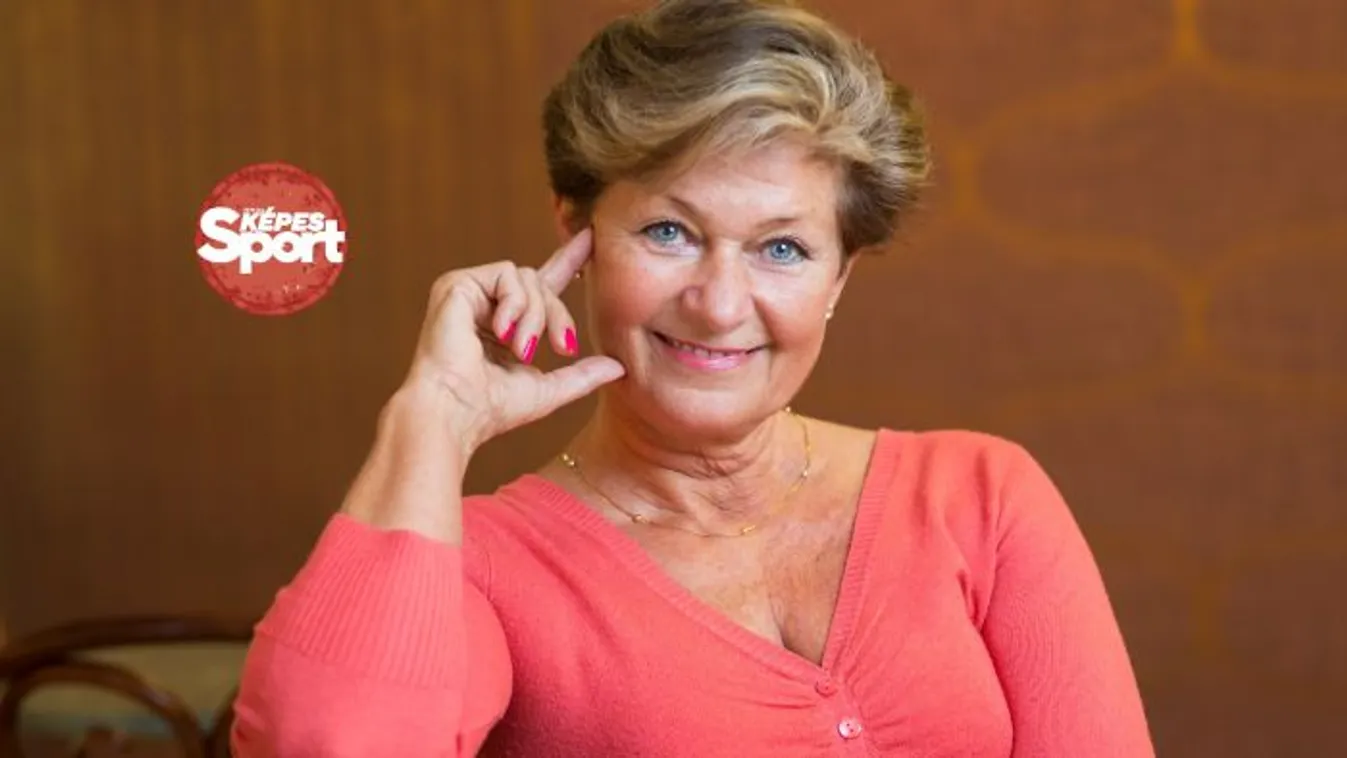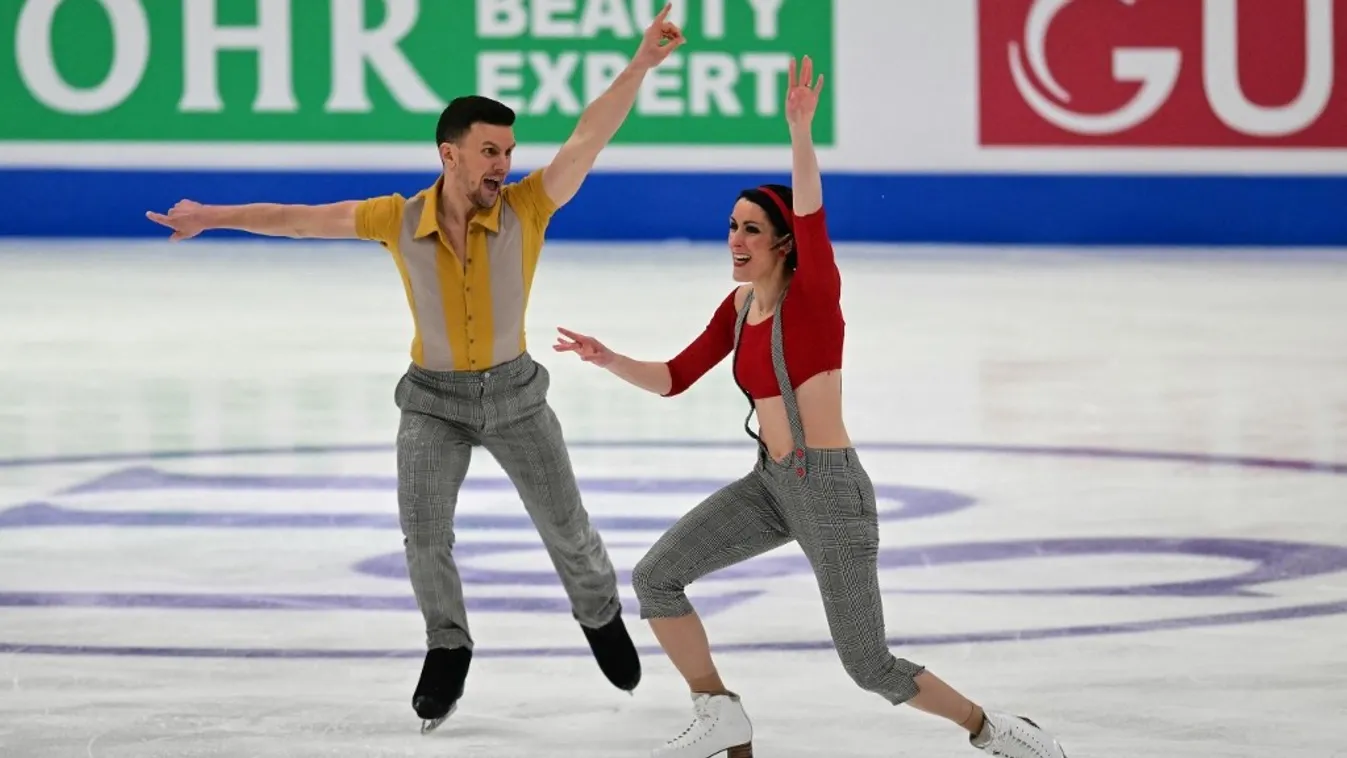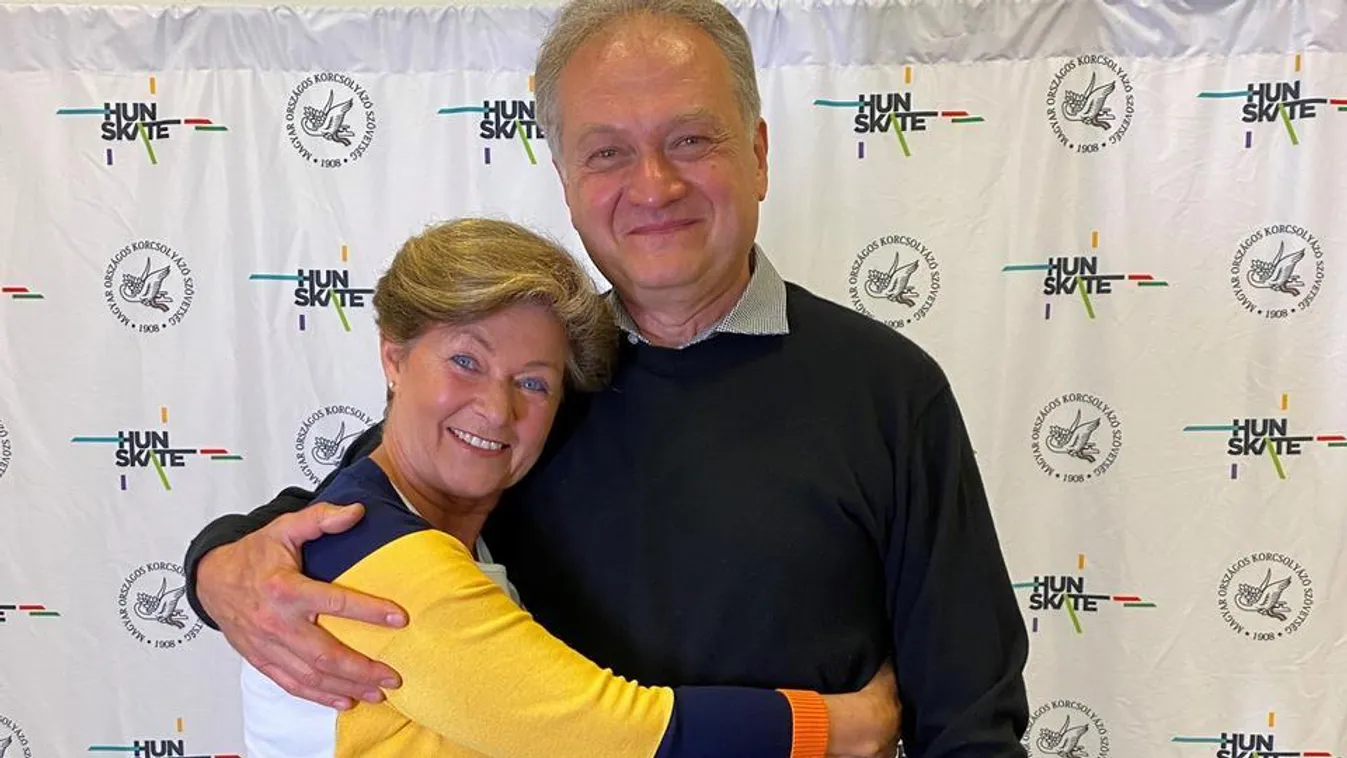
– Three years ago, you were cheering on the short track speed skating relay team consisted of Shaolin Sándor Liu, Shaoang Liu, Csaba Burján and Viktor Knoch on site. Can you recall that day?
– Every gold medal, especially if won at the Winter Olympics, is fantastic. It's actually not surprising that we thank it for the sport of ice skating. I've said multiple times that we don't have mountains, but we can build indoor rinks. The gold medal won in PyeongChang is close to my heart because I followed the sport's development, the boys' improvement, and there's only one track available for them in Hungary, so they're like us many decades ago.
– Although sport teaches us to lose with head erect too, and a few decades have passed since the 1980 Winter Olympics, but it still crosses one's mind that the Regőczy-Sallay duo could've won the first Hungarian Winter Olympic gold.
– Indeed, but I didn't think about it then. What I did think about was that it's a good thing it happened on the ice. At the same time, even if there's a common denominator, they are still two different sports. I was extremely happy for the boys' win – my ice-loving, athletic and my Hungarian hearts were delighted. To answer your question: I think in people's mind we won in 1980. The result wasn't up to us...
– Yes, but for someone who hasn't been through this, I can't explain. I can't put our silver medal into words. What happened there is inexplicable to others — injustice still hurts to this day. But we'd received so much love and kindness from people then and ever since that, of course, it doesn't make up for it, but it does make it up to us.
– We have classics nowadays too and we have successful athletes, yet one feels that the ice dancer duo Krisztina Regőczy and András Sallay is somehow different. Why do you think people loved and love you so much?
– I think it's because we showed our true selves. We put our hearts on a silver platter; we were honest and respectful. It wasn't tiring talking with people. We receive letters and e-mails to this day to send photos of ourselves. I think it works back and forth: we got a lot of energy from fans; in fact, we still do. If I go to the market, even though I wear a mask, everyone recognizes me by my hair and my voice. I call these moments „Krisztikezing,” but it's still nice to have them. Somehow the younger ones remember us too – they might not know us personally, but they know our names.
– In sports, but also in life, news on separations is more common, and we read about anger and affront rather than legendary friendships and relationships. Yours is like it.
– Working together bonded us, and it's become a truly lifelong friendship. We understand each other with half a word. In the beginning, of course, we needed parental background and support to understand that our goal was mutual. We realized that if we don't work together, we can't make our dream come true. We were also brought together by the many hardships we faced because we were the only ones who didn't train indoors and needed to think about where to practice after the first spring sunshine. I remember we got the key to the ice rink in GDR and when it was free in the evening, we could practice there in twilight.
– February 22 is the Day of Hungarian Ice Skating since the success in PyeongChang, but the 17th is also a day for celebration for the Regőczy-Sallay ice dancing duo.
– We started skating together on this day in 1967.
– Have you been greeting each other since then wherever you are in the world?
– Yes, it's like a birthday to us. We say hello to each other for sure, but we've said to one another, „Oh, snap, another year has passed.”
– It's been said by many people many times that sport gives a lot. However, we're always curious what an Olympic silver medalist has to say. How would Krisztina Regőczy convince people that it's worth to wear skates or to jump into a pool?
– Sport, competitive sport, gives a lot – of course, there are stuff also on the other pan of the scale as sport takes away a lot too, but it's not for nothing that it matters to employers that the applicant is a former sportsman. We're disciplined and punctual, we don't throw tantrum and do our job. Sport gave us strong life basics which could be replaced from anywhere else, but in a harder way I think. In sport, we learn to respect others even more, because they are not enemies, they are merely opponents – and sport also teaches humility and respect, which are essential in civilian life.
Translated by Vanda Orosz
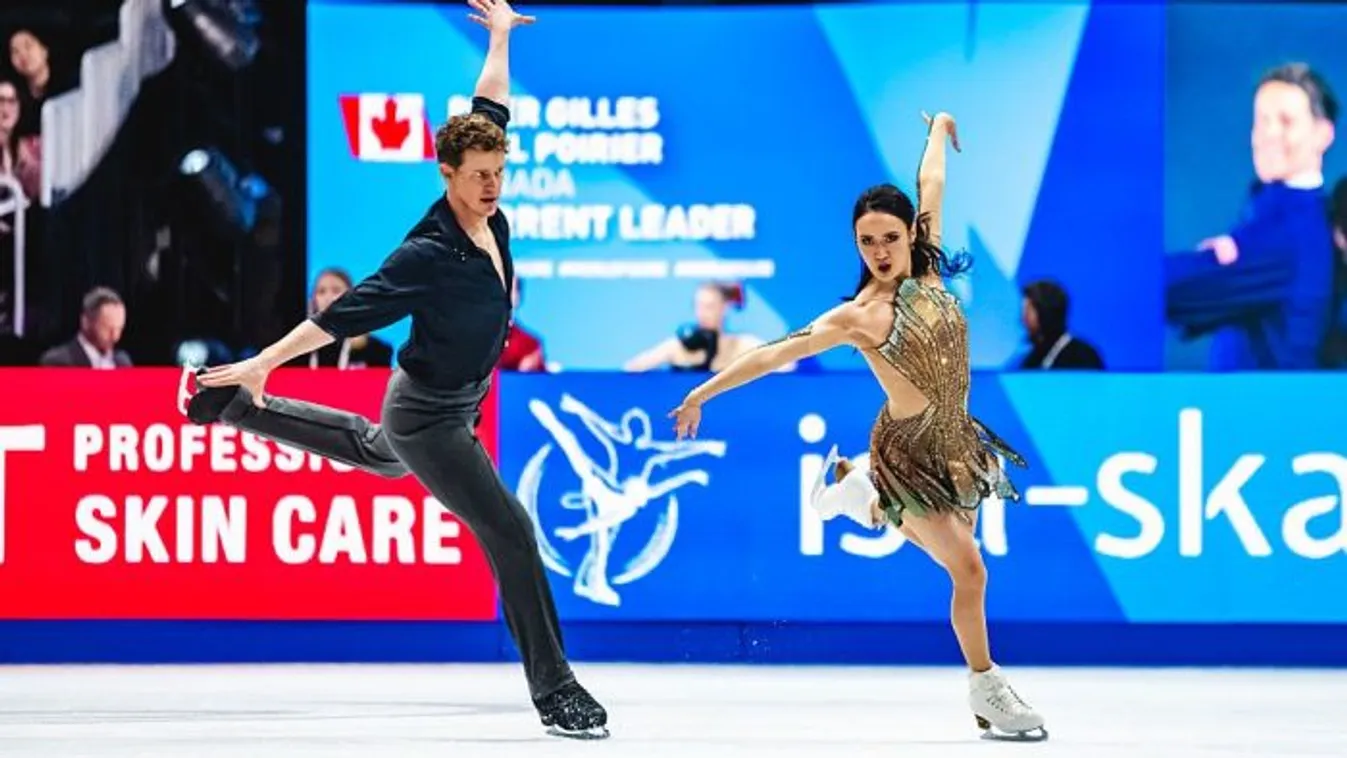
Műkorcsolya-vb: amerikai címvédés jégtáncban
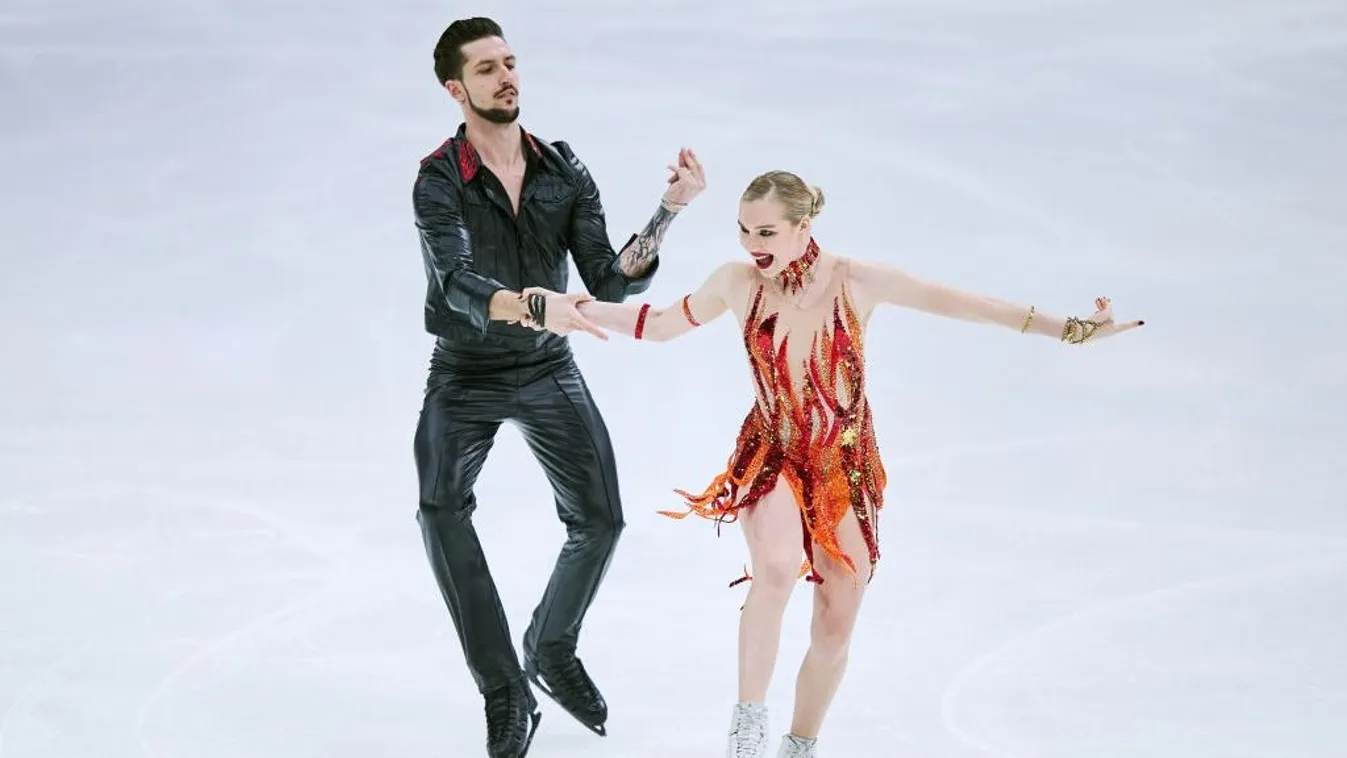
Kűrt futhat Tallinnban az Ignateva, Szemko duó
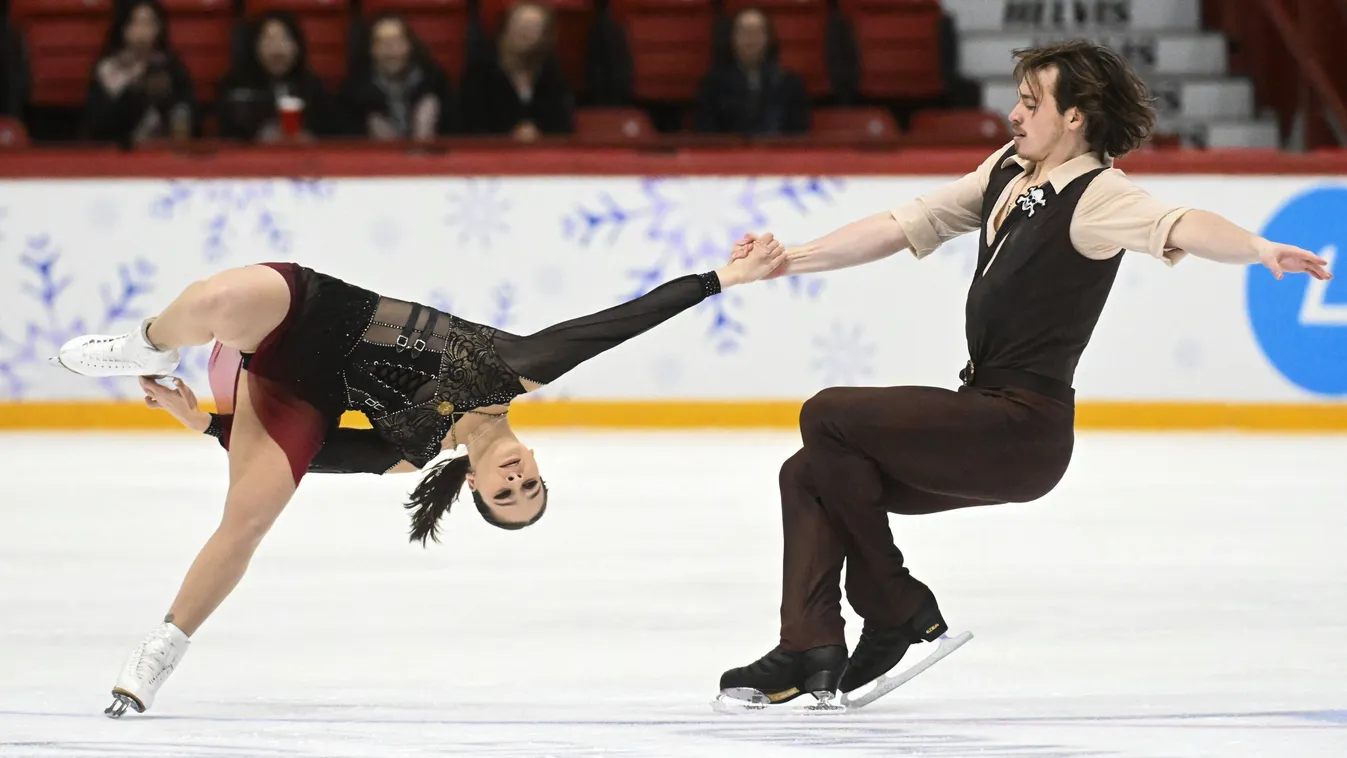
Műkorcsolya Eb: odaérnek a dobogóra Pavlováék?
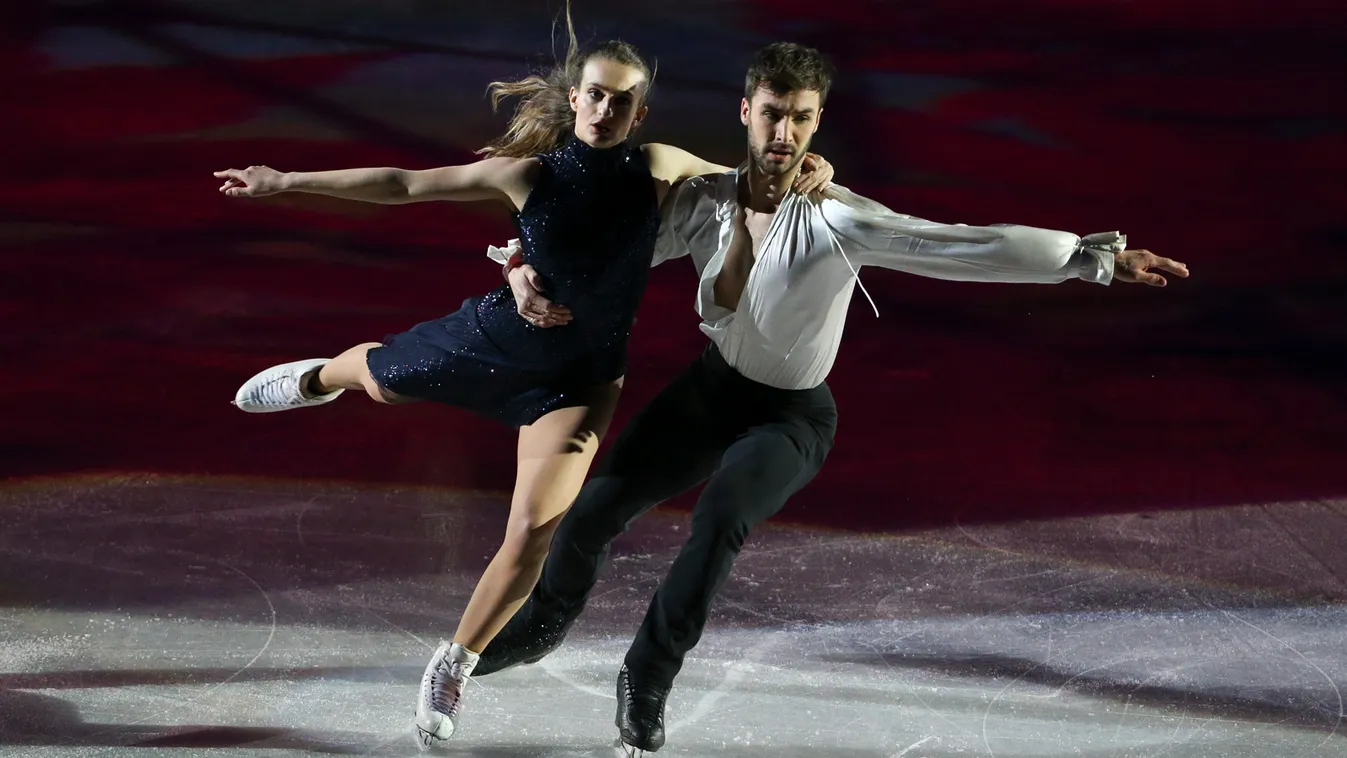
Visszavonult az olimpiai címvédő francia jégtáncpáros
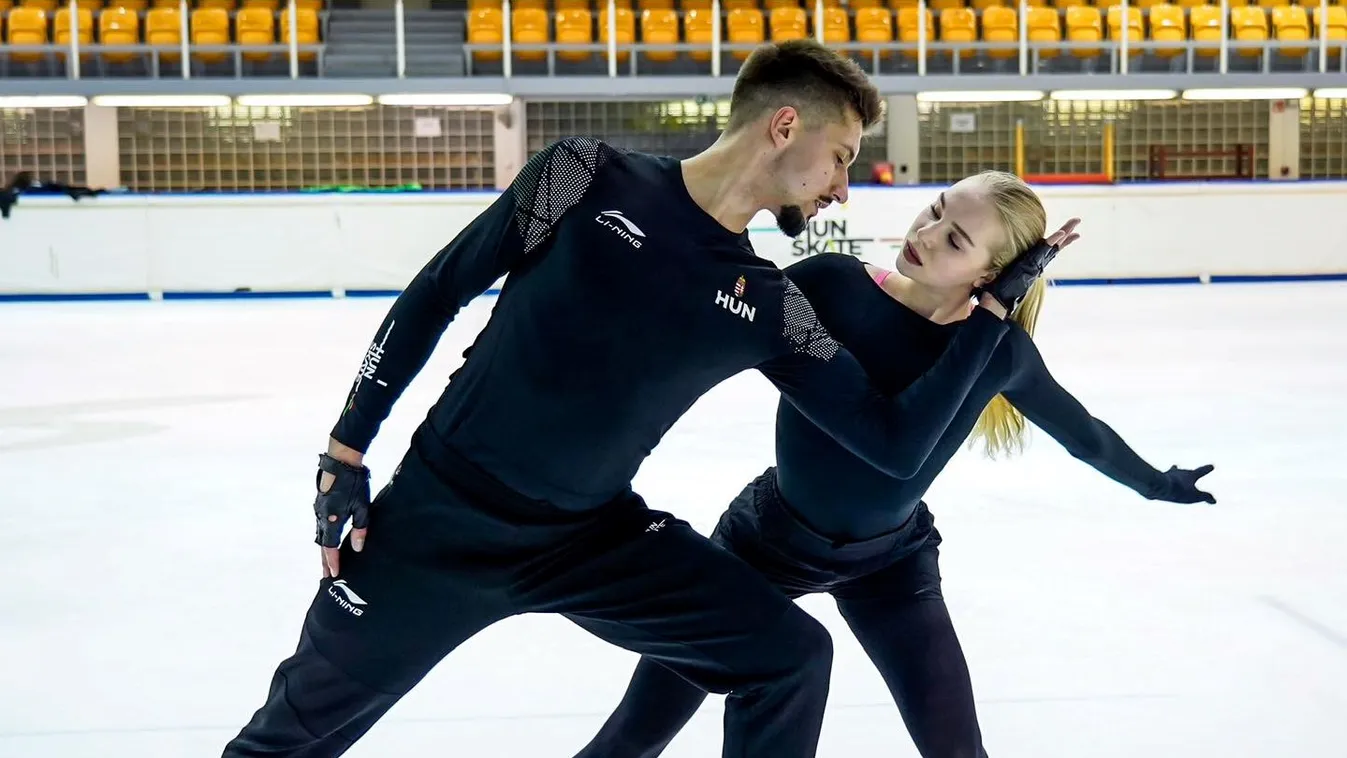
Műkorcsolya-vb: a magyar kettős 24. a ritmustáncban
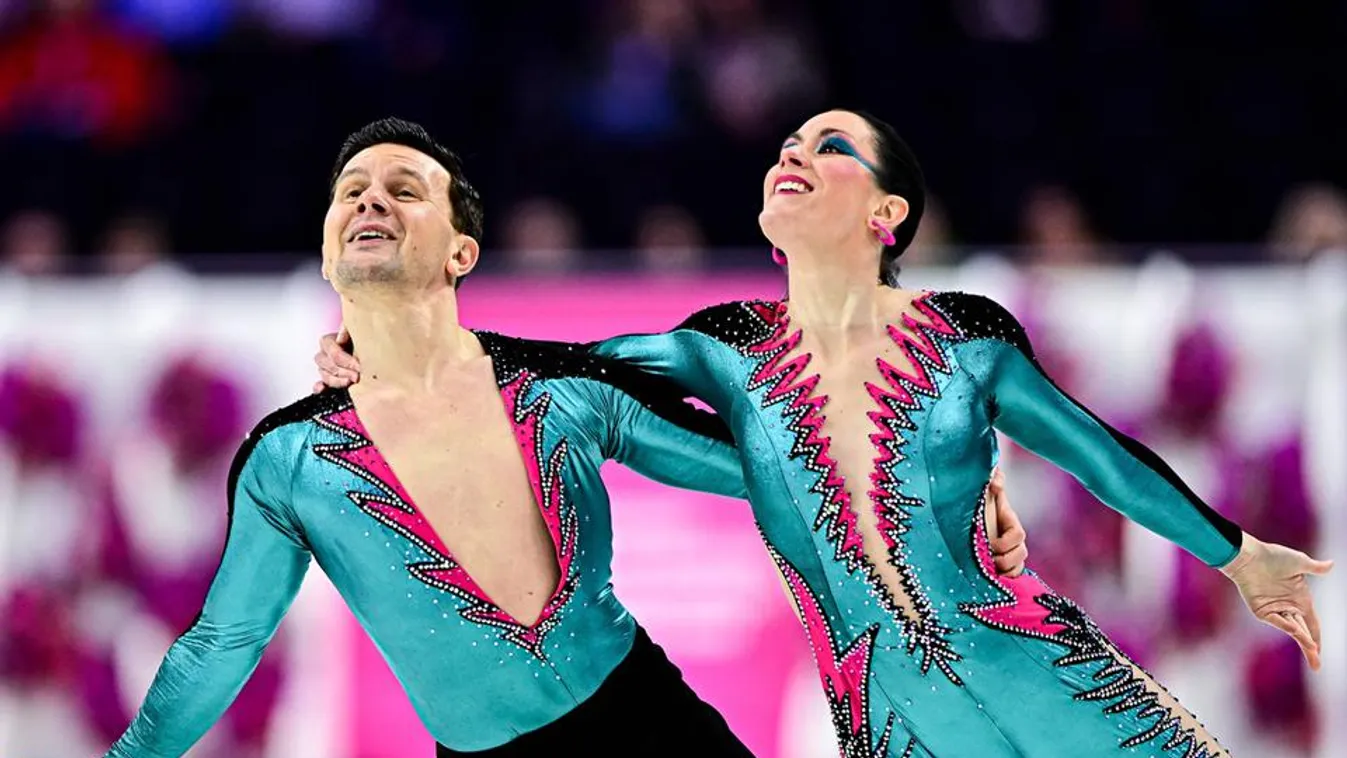
Műkorcsolya Eb: megvédte címét az olasz páros jégtáncban
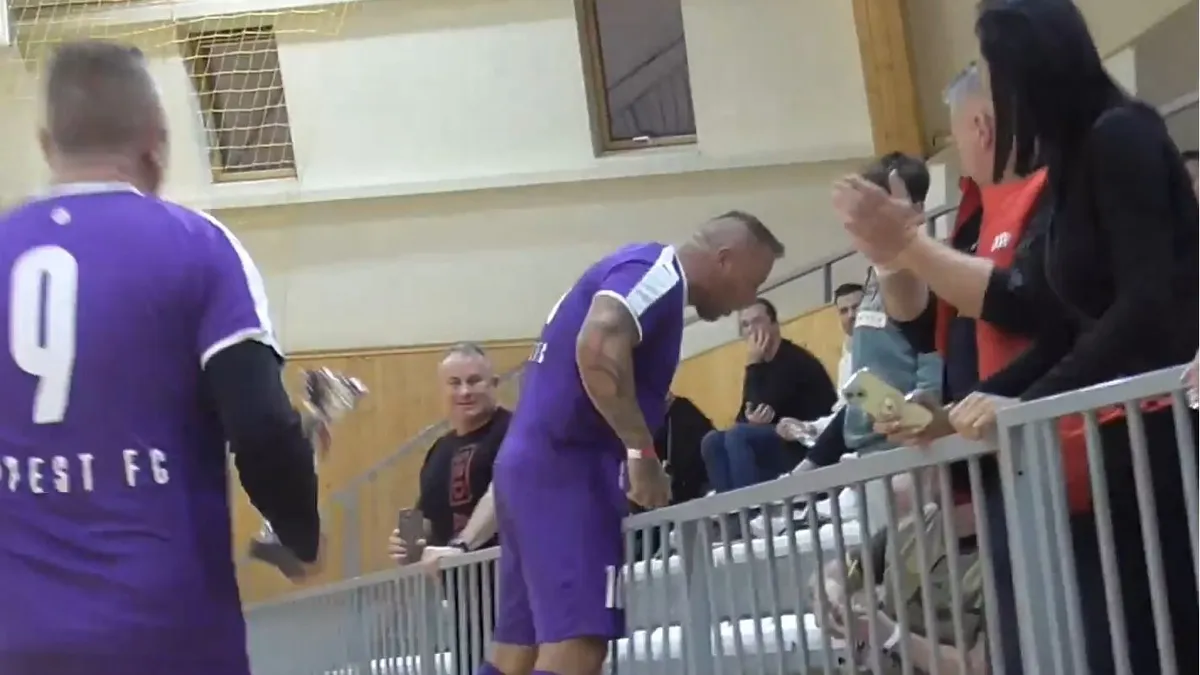
Curtis pofonvágta az őt gyalázó szurkolót a lelátón
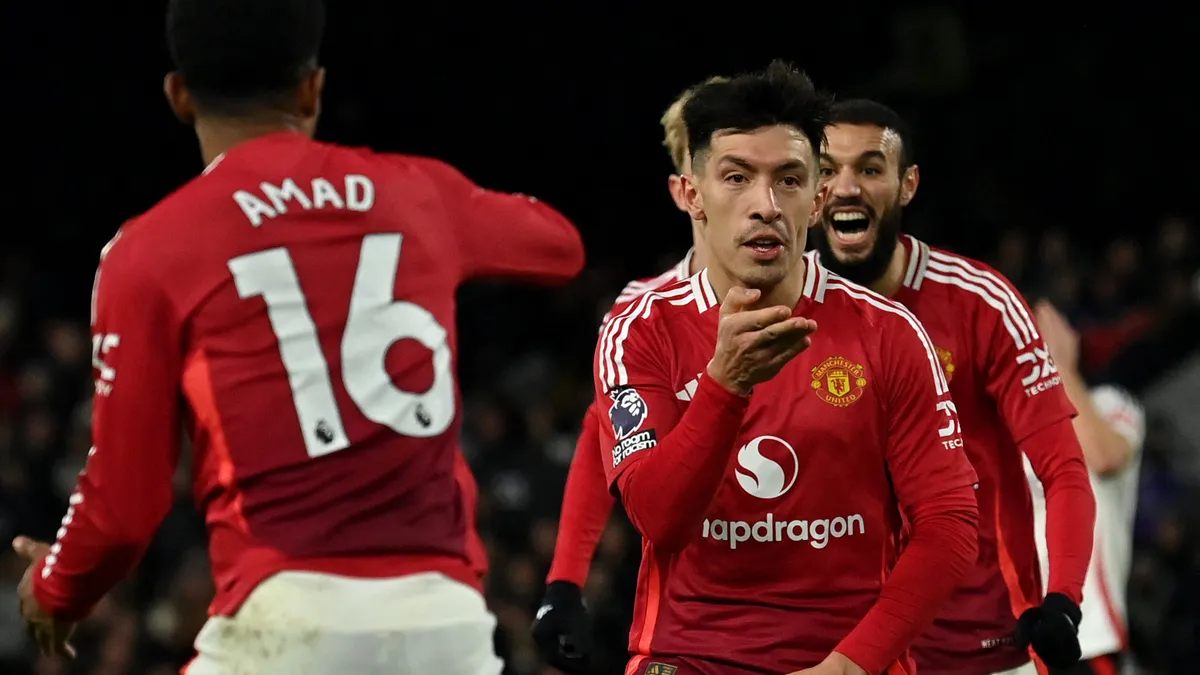
Az MU egyszer találta el a kaput, de egy szerencsés góllal így is nyert
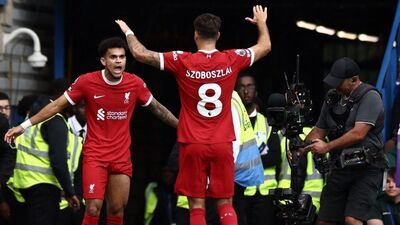
Ez nem hiányzott: Szoboszlai Dominik még egy világsztár miatt aggódhat!
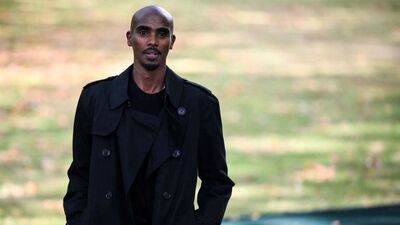
Milliárdokért árulja luxusotthonát az olimpiai bajnok

Villámgyors finomság – az 5 legjobb tejbegrízrecept

Orbán Viktor elutazik, ezen a helyen magyar kormányfő még nem járt
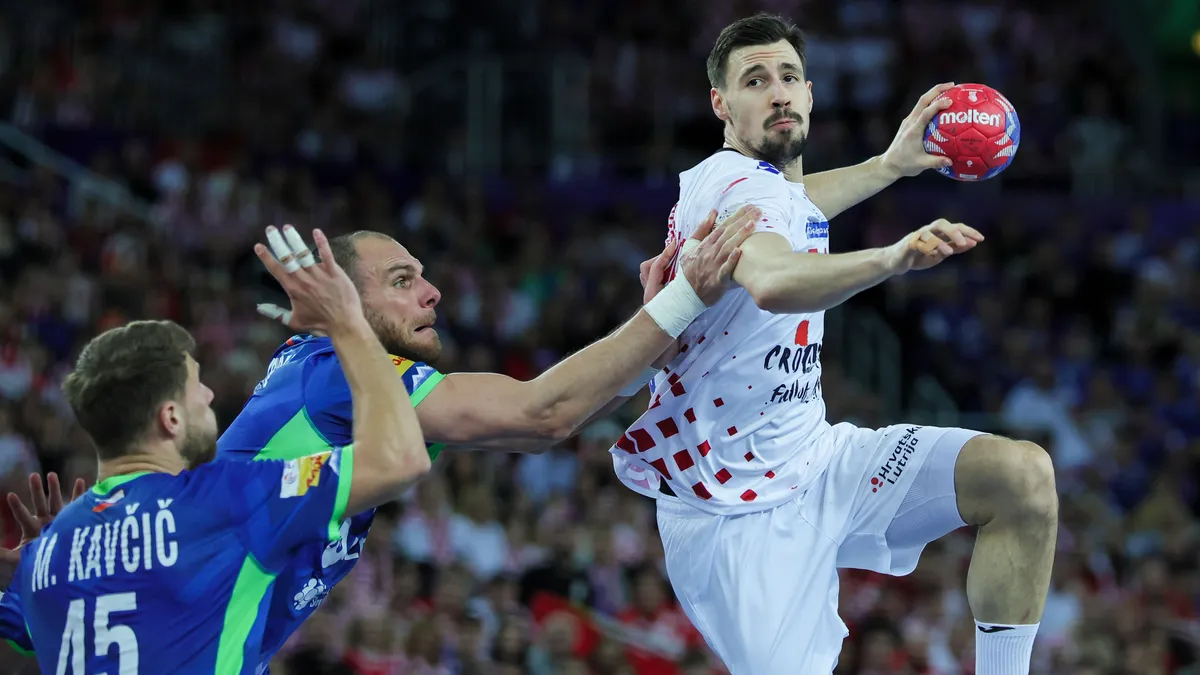
A szlovénokat legyőző Horvátország lesz a mieink negyeddöntős ellenfele kedden 18 órakor a kézi-vb-n
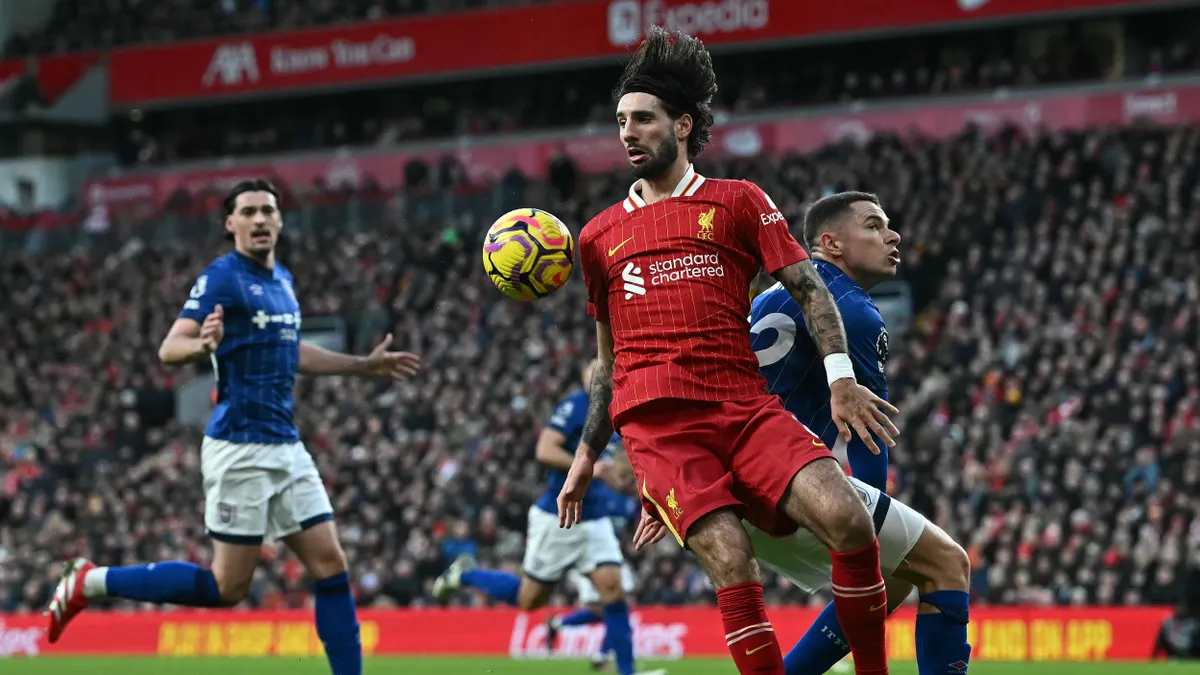
Szoboszlai szenzációs passzán ámul a világ - videó

A Chiefs újabb drámai meccsen nyert a Bills ellen – triplázás kapujában a Kansas City!
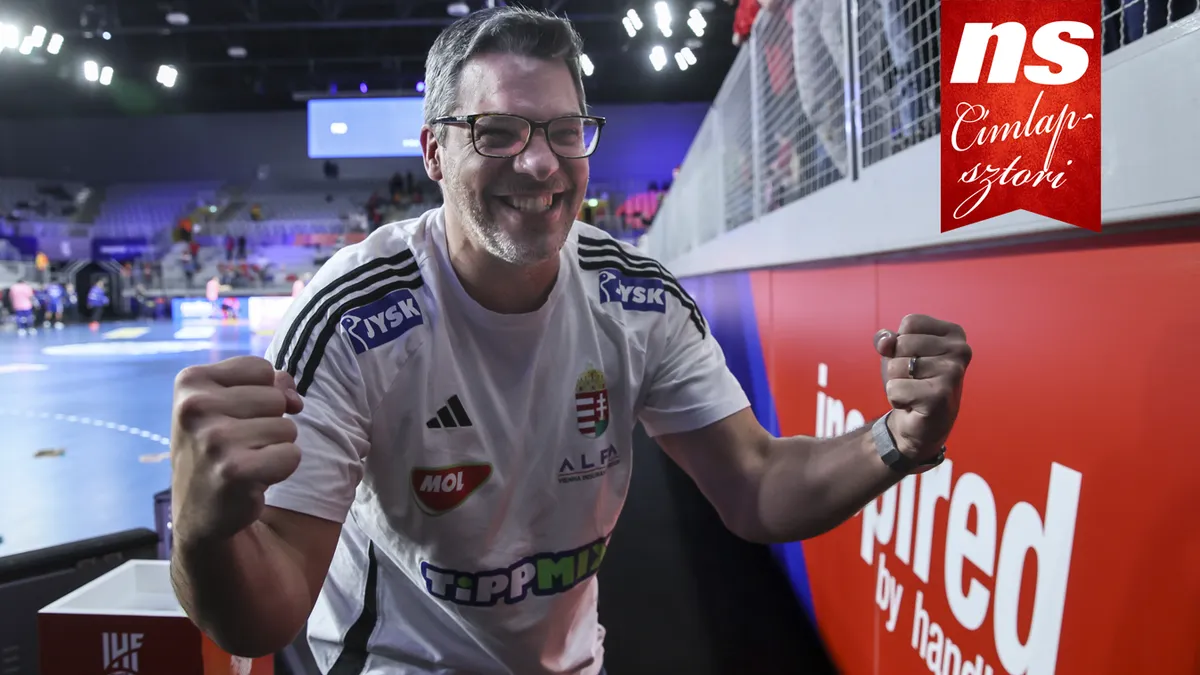
Chema Rodríguez: Óriási dolog, hogy sorozatban harmadszor ott vagyunk a nyolc között
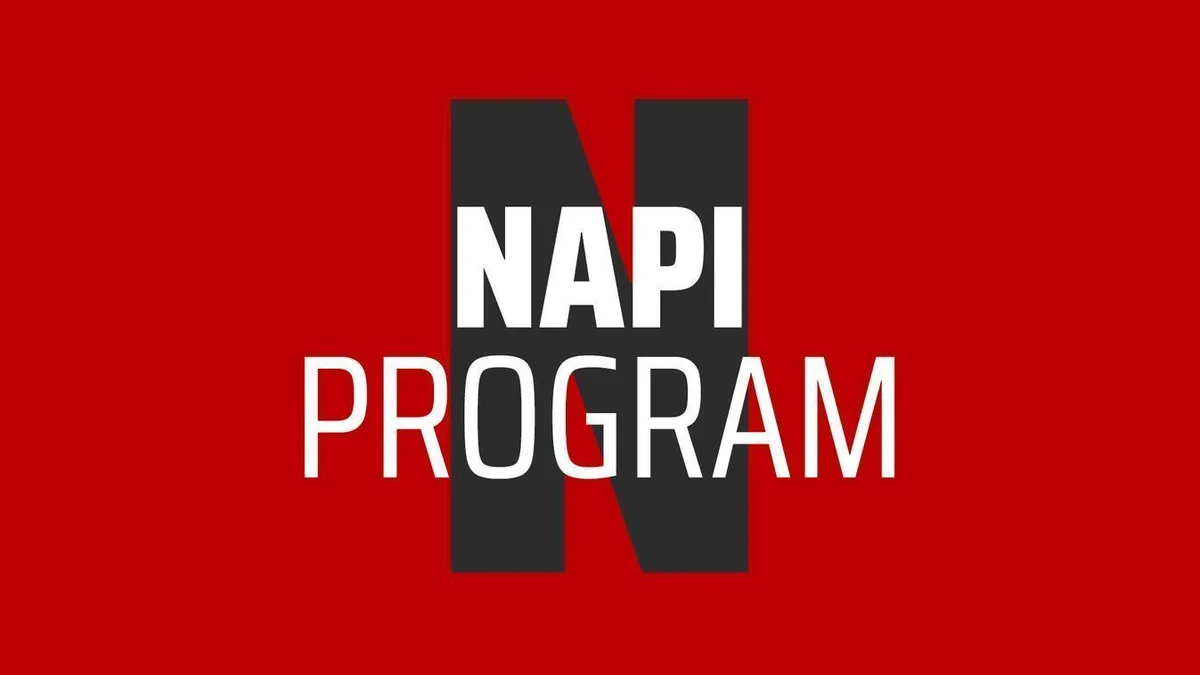
Hétfői sportműsor: olasz, spanyol és angol futball, magyar futsal
